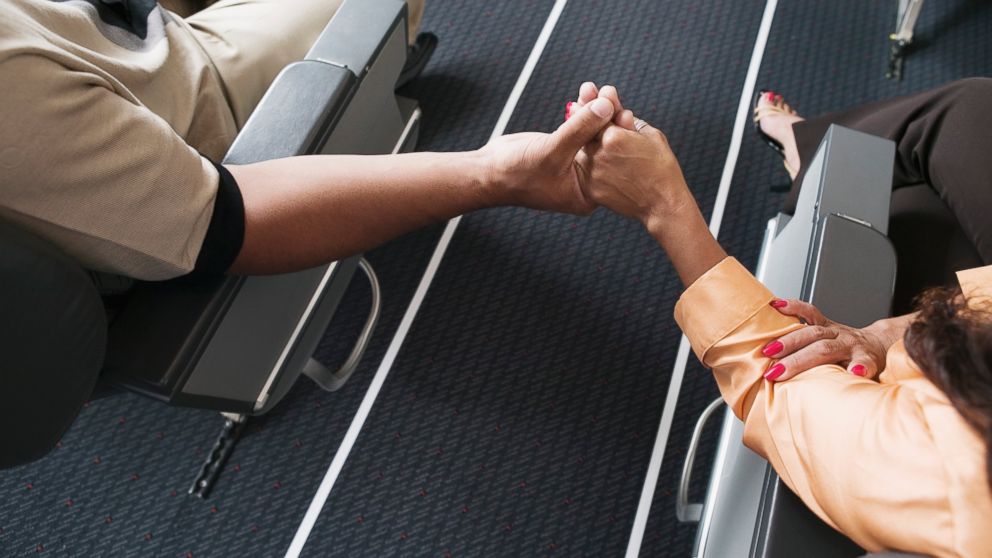Travel Scams: Dating, Midnight Callers and Free Stuff That Isn't Free
There's no need for you to be a victim, if you stay reasonably alert.

— -- Scams have been around forever. I picture noisy Neanderthals distracting a clueless caveman as his prized mammoth moccasins are spirited away.
Substitute credit card, phone or money for the moccasins and the old distraction dodge is still playing out today. No need for you to be a victim, though, not if you stay reasonably alert, take common sense precautions and know what to expect.
Here are seven scams, traps or theft scenarios that travelers should know about.
1. Internet dating and romance scams
To the U.S. State Department, this scam is serious enough that it gets an entire page on Travel.State.gov. If you're not familiar with these scams, they usually involve a romance that blossoms over the internet involving a fraudulent Romeo (though women do this, too) who claims to be a U.S. citizen who travels around the world on business. Once you're hooked, usually via romantic email exchanges, a visit is arranged.
Then – oh, no! As the State Department notes, these poor guys "have the worst luck imaginable" because they always seem to get in a car crash on the way to the airport, or are mugged, arrested, beaten, whatever. And only you can help! By sending them money, of course.
Don't get scammed: Do not send money to someone you've never met. If you do, you'll be asked for more and more. And no, you will never meet Mr. or Ms. Romeo.
Note: Americans aren't the only targets. Police in Great Britain recently warned about similar scams that cost its citizens about $50 million last year, while a media report in Australia called romance cons the "chief culprit of online frauds."
2. Vacation rental scams
Last year, the Federal Trade Commission received thousands of complaints from people who sent deposits to “owners” of rental properties on beaches or other summer destinations, only to discover - too late - that the people who got the money didn't own these places.
Don't get scammed: The FTC says always look for red flags like premium properties offered at below-market rents; being rushed or pressured into making an immediate decision; being required to wire money. Put on the brakes and get a contract before paying a dime (and be sure to read it).
You must make sure the property you're interested in actually exists (check the address) and the owner does, in fact, own it. Don't overlook the obvious, either; if the property is part of a resort, call them to confirm details. When in doubt, don't.
3. The bracelet scam
This scam apparently remains popular in Europe; here is a friend's description:
"A guy approaches you in a busy tourist area and asks for help with a ‘demonstration.’ While he weaves a colorful string bracelet on your wrist he puts on a show, talking non-stop, telling jokes, asking questions (‘Name the colors in Spain's flag!’). It was fun but at the end you're wearing a bracelet you don't want but can't remove and are asked to pay an astonishing price for it (20 euros for colorful string, really?). We paid but the guy seemed disappointed. Later we read this was a classic scam where naive tourists are pickpocketed while distracted by the show, but we clutched our purses tightly all the time so it didn't work on us."
Don't be scammed: Never get so distracted that you aren't aware of where your valuables are, and always keep them close. Gentlemen, no wallets in back pockets, please.
4. Free cruises, free plane tickets



